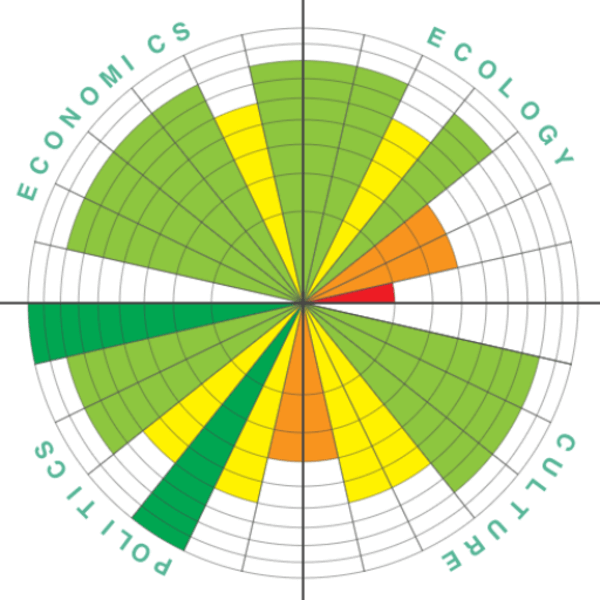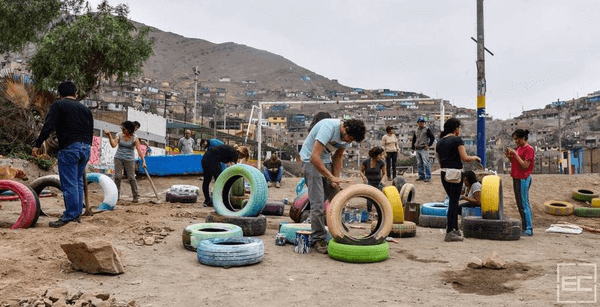
City
Providence
Main actors
City Government, NGO / Philanthropy, Community / Citizen Group, Research Institutes / Universities
Project area
Whole City/Administrative Region
Duration
Ongoing since 2013
Providence Talks is an early childhood program that puts parents at the heart of their child’s cognitive development. It helps disadvantaged children close the achievement gap by increasing parent-child interactions at a critical age.
Academic research shows that, by the time they enter kindergarten, children growing up in low-income households in the United States will have heard 30 million fewer words than their peers from middle and high-income households. This “word gap” undermines school readiness and performance.
The City of Providence is no exception to the problem – approximately two-thirds of prospective kindergarteners will arrive on their first day of school behind on national academic benchmarks. These disheartening outcomes continue as only 52% of fourth grade students in Providence read at grade-level proficiency.
In an effort to remedy this issue at a citywide scale, the City of Providence launched Providence Talks, an innovative initiative working to close the word gap. Providence Talks provides families with a “word pedometer,” a piece of technology that counts the number of words and conversations that children are exposed to in the home. Families are visited twice monthly by a coach who helps parents to understand the importance of words to early childhood brain development and monitor their own progress, while offering tips for improvement.
Bloomberg Philanthropies’ Mayors Challenge
This project was awarded the 'Bloomberg Philanthropies’ Mayors Challenge' in 2013 in the following category: Grand Prize Winner.
External links / documents
On Map
The Map will be displayed after accepting cookie policy



